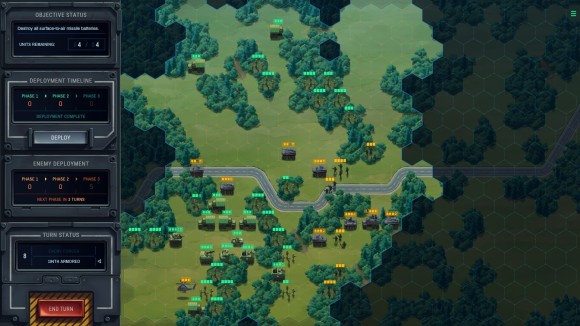If you go back and read one of my earliest reviews on this blog, you might notice a slightly different tone from the one I try to take today. Back then I took bad games rather… personally (this was before I’d formulated my Bad Game Theory1) and if I played a bad one I had a tendency to lay into not only the game in question but also the developers behind it, and with quite a bit of venom, too. Now that I’m older, wiser, and a little bit calmer, I can see now that this was unreasonable and unfair. Making videogames is hard. There’s any number of reasons why a game might not come together in the way it should, many of which are wholly or partially out of a developers’ control — not enough budget, truncated schedule, interfering executives, key personnel leaving, and so on. Nobody sets out to deliberately make a bad game, and so these days while I’m perfectly happy to continue giving bad games the kicking they so richly deserve, and while I might still have some choice barbs for the corporate aspect of game development, I try and give the individual developers themselves the benefit of the doubt. It didn’t come together for them this time. Maybe it will next time. There’s no reason to get nasty about it.
Or so I thought, until I played Möbius Front ‘83.
- Which is that playing bad games is sometimes necessary in order to understand what a good one looks like. ↩

